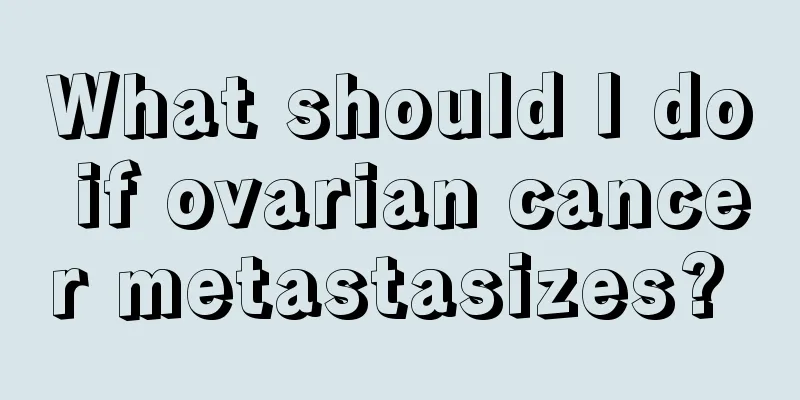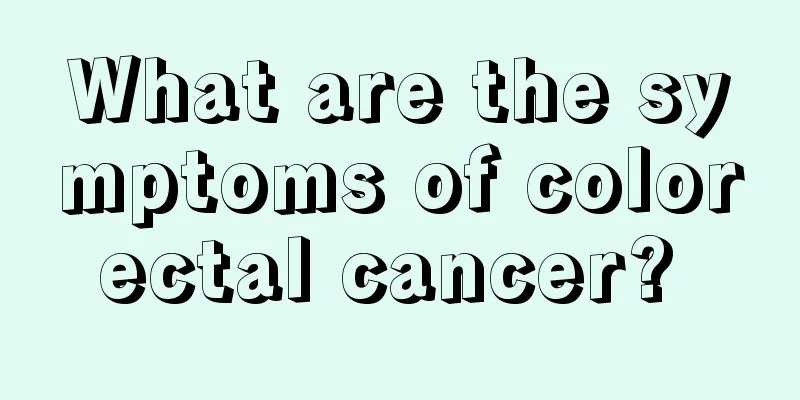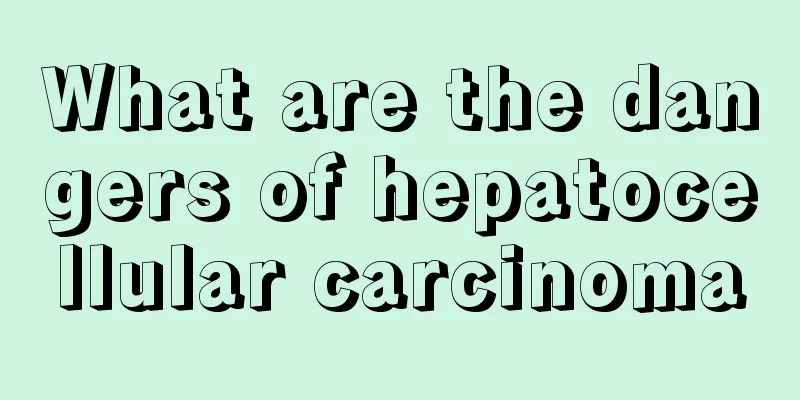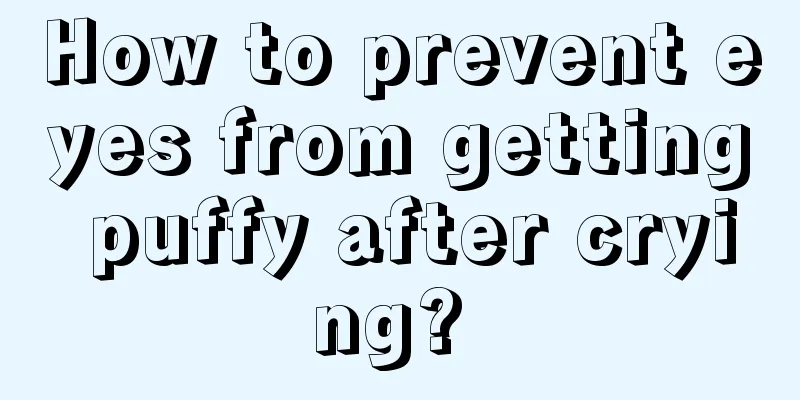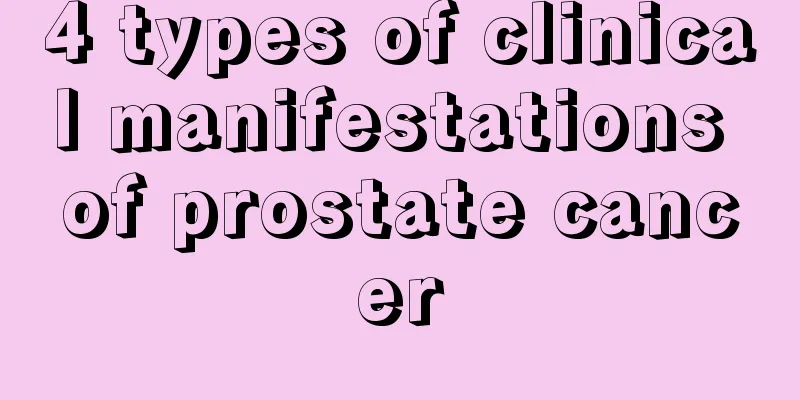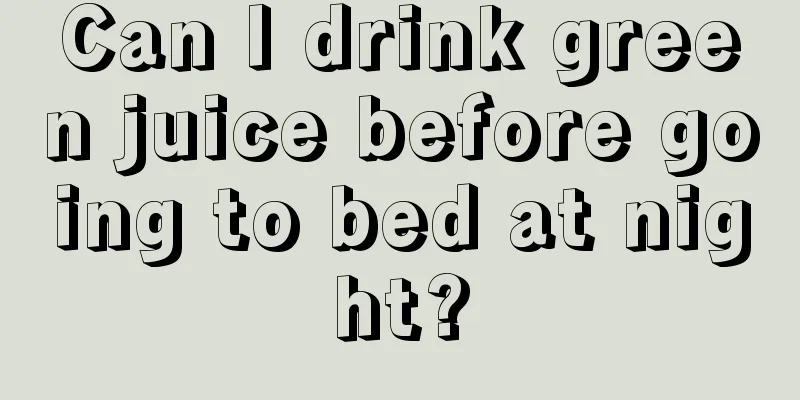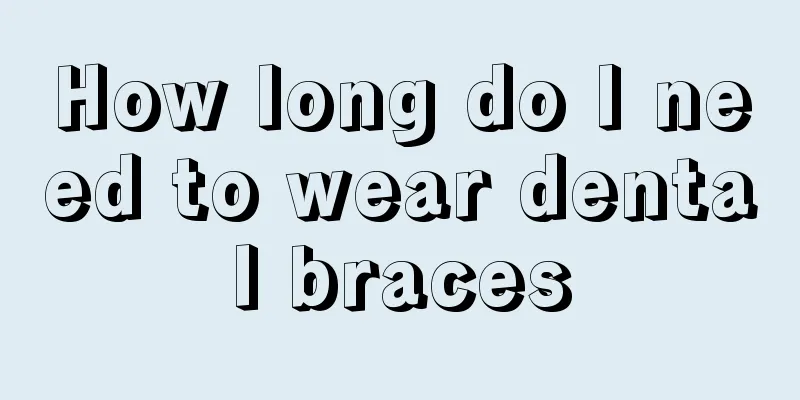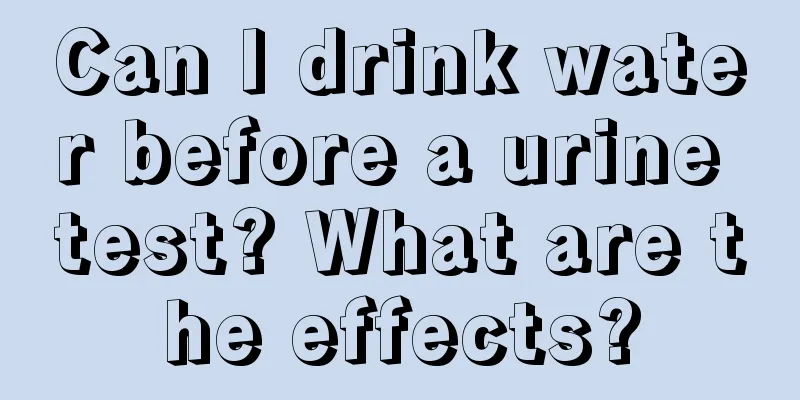Can I drink alcohol after taking toothache medicine
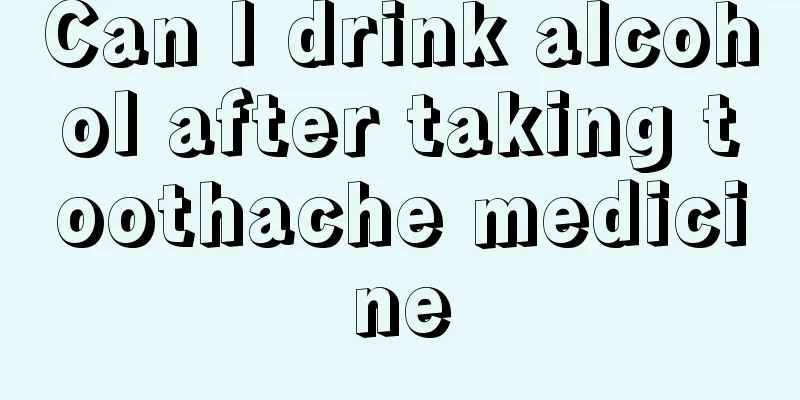
|
Toothache is a common symptom and the main symptom of many dental or oral diseases. When people have unbearable toothache, they will choose painkillers to relieve the symptoms. As we all know, after taking medicine, there are many things to pay attention to in order to better exert the efficacy of the medicine. And after taking toothache medicine, you cannot drink alcohol. In addition, you should not drink alcohol after taking the following medicines. 1. Antibiotics Antibacterial drugs generally contain cephalosporins, such as cefoperazone, latamoxef, cefmetazole, cefmandole, cefmenoxime, cefotiam, as well as metronidazole, tinidazole, furazolidone, etc. Drinking alcohol while taking these medicines can cause a disulfiram-like reaction, resulting in weakness in the limbs, drowsiness, and even low blood pressure, respiratory depression, and shock. 2. Drugs containing morphine Many cold and cough medicines contain morphine, but alcohol and morphine have a synergistic effect when used together. May cause poisoning or even death. Therefore, it is best not to drink alcohol while taking cold or cough medicine. 3. Sedatives and sleeping pills Sedative-hypnotic drugs such as diazepam, nitrazepam, clonazepam, triazolam, barbiturates and chloral hydrate, when used in combination with ethanol, can cause drowsiness, mental confusion, coma, respiratory failure, and even death. 4. Antipyretic and analgesic drugs Aspirin, ibuprofen, diclofenac, etc., if you drink a lot of alcohol while taking these drugs, the gastrointestinal mucosa may be stimulated by both the drug and ethanol, and may even cause gastrointestinal ulcers or bleeding. 5. Antidiabetic drugs You should not drink alcohol while taking hypoglycemic drugs such as Youjiangtang, Jiangtangling, and Tolbutamide, because alcohol has the effect of enhancing the efficacy of the drugs. The combination of the two may cause hypoglycemic shock, endanger life, and induce lactic acidosis. 6. Anti-epileptic drugs Long-term drinking can reduce the concentration and efficacy of phenytoin sodium, but drinking large amounts of alcohol while taking the medication can increase blood drug concentrations. Drinking alcohol while taking sodium valproate can enhance the central nervous system's depressant effects, which can lead to death in severe cases. 7. Anti-anginal drugs Drinking alcohol while taking drugs such as isosorbide dinitrate, nitroglycerin and nifedipine can cause excessive dilation of blood vessels, leading to severe headaches, a sudden drop in blood pressure and even shock. 8. Blood pressure medication Taking nifedipine, hydralazine, dibazole, etc. together with alcohol can easily cause hypotension. Because alcohol can dilate blood vessels and inhibit sympathetic nerves and myocardial contractility, it can enhance the effects of antihypertensive drugs, cause headaches, and even shock. |
<<: What are the soups that regulate the spleen and stomach
>>: Why does my tooth hurt when I sleep?
Recommend
How to treat white sputum caused by bronchitis?
The main cause of chronic bronchitis is that acut...
What is the difference between strength training and muscle training?
The human body must rely on muscles to exert stre...
How to perform surgery for gastric bleeding?
The most important digestive organ in our human b...
Can I eat mangoes when I have a fever? What should I eat when I have a fever and cough?
Although mangoes are rich in nutrients and have a...
How is cervical cancer diagnosed?
Cervical cancer is the third most common malignan...
What are the precautions after bronchoscopy
Any disease in the body needs to be treated. When...
What are the benefits of Bifidobacterium lactis
In the human body, bacteria are a relatively impo...
The method of stewing chicken with Panax notoginseng root actually has such medicinal value
It is not uncommon to see chicken stewed with Pan...
What to do if your spine is not in good condition
The spine is located at the back of the human bod...
The dangers of prolapsed internal hemorrhoids, do you know these 5 dangers?
The symptoms of prolapsed internal hemorrhoids ar...
Wash your face when you have a cold
When viruses invade the human body, people with p...
What is the chance of inheriting colon cancer?
Can colorectal cancer be passed on to children? I...
Nursing care for patients with osteosarcoma amputation
Nowadays, more and more osteosarcoma patients hav...
Cheeks are sore near the ears
If you feel soreness in your cheeks near your ear...
What's wrong with swollen legs
If you experience edema in a certain part of your...
